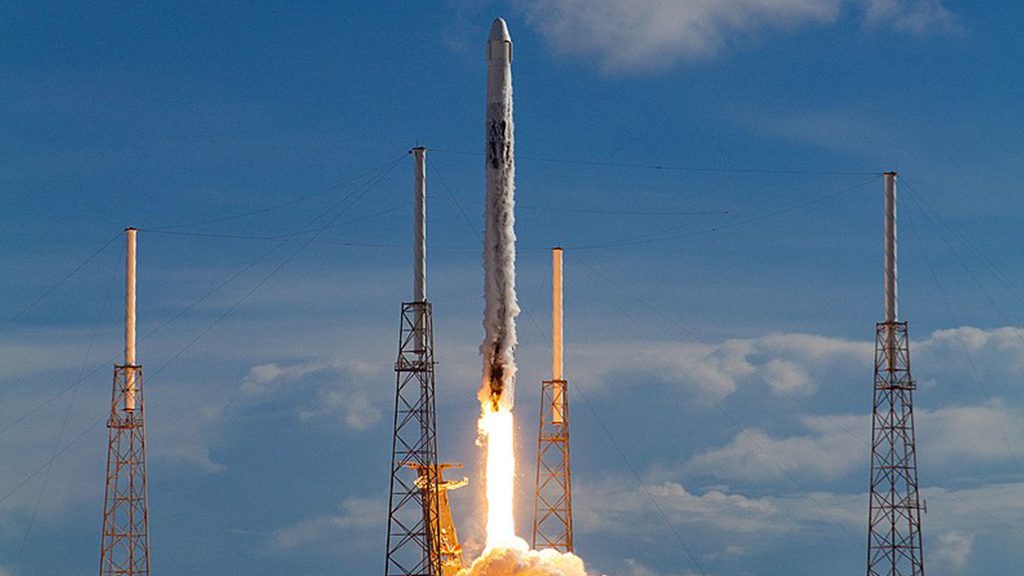South Korea has successfully launched its second domestically produced spy satellite into orbit, boosting the nation’s surveillance capabilities, the Defence Ministry confirmed. The satellite was launched from an American space center aboard a SpaceX Falcon 9 rocket.
According to statements from the Defence Ministry on Monday, the satellite effectively communicated with an overseas ground station shortly after entering orbit. The ministry reported, “Our military’s second reconnaissance satellite successfully separated from the launch vehicle at around 09:02 (1202 GMT) and entered the target orbit.” It further noted that the satellite “successfully established contact with an overseas ground station at approximately 10:57 (0157 GMT).”
The successful launch marks a significant advancement in South Korea’s independent intelligence, surveillance, and reconnaissance capabilities, as stated by Seoul’s military officials. They expressed confidence in the seamless progression of future satellite launches.
This achievement follows South Korea’s previous launch of its first military spy satellite in December, also aboard a SpaceX Falcon 9 rocket. The recent developments intensify the space competition on the Korean peninsula, notably after North Korea’s launch of its inaugural military satellite last November.
In response to the latest launch, South Korea’s Defence Minister Shin Won-sik indicated that the military was closely monitoring North Korea for potential satellite launches, which were initially anticipated in March. Minister Shin suggested the possibility of a mid-April launch by Pyongyang, particularly noting the significance of April 15th, celebrated as the Day of the Sun in North Korea, marking the birth anniversary of the country’s founding leader Kim Il Sung.
South Korea’s first satellite has already transmitted high-resolution images of central Pyongyang to Seoul and is poised to enter its full mission stages as early as June, according to reports from Yonhap news agency. The nation plans to deploy a total of five military spy satellites by 2025, enhancing its surveillance capabilities to better monitor activities in North Korea.











Leave a Reply